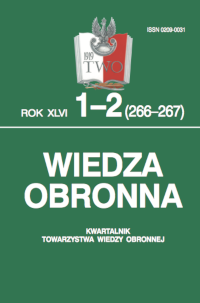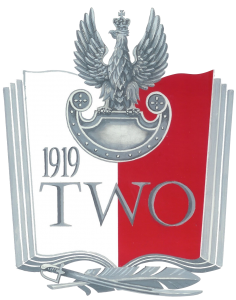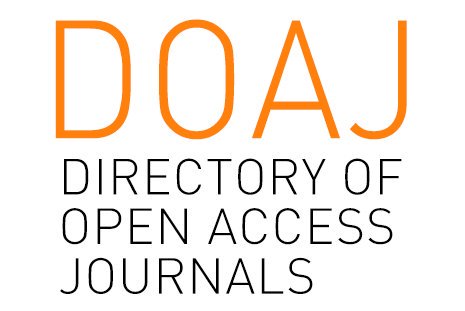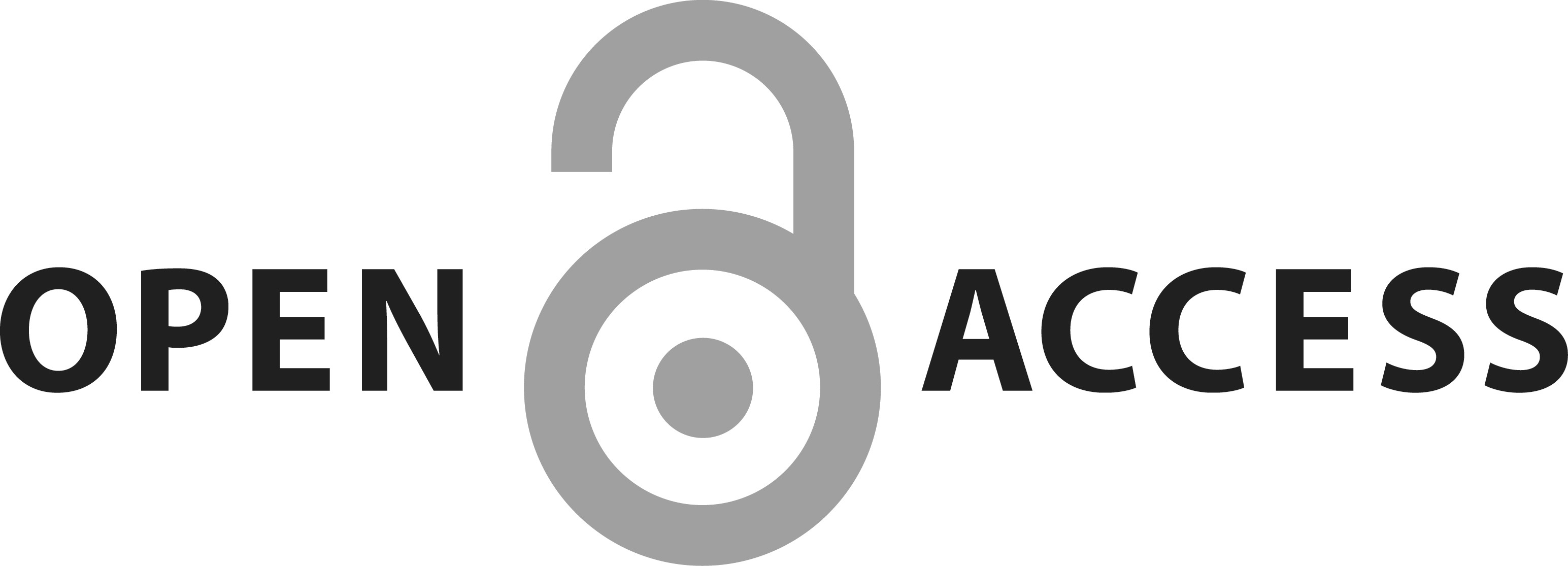Concept of an asymmetric conflict. Global powers vs. islamist warriors in Iraq since 2003
Abstrakt
Modern times and the post-Soviet era, especially the post-9/11 period, has brought a significant change in the nature of conflict – more and more non-state actors have been entering the stage of war. As the character of such actors has changed throughout the last decades, their tactics, strategy, means and weapons have transformed as well. Being a non state side of a conflict, they also lean towards more unconventional methods such as guerrilla warfare or terrorism which seem to be one of the most characteristic elements of an asymmetric conflict. The conflict of islamist terrorism (in this case – islamist fighters in Iraq) vs. international coalition seems to be a perfect example of asymmetric warfare. The following paper discusses the concept of asymmetric conflict and the way it has been addressed in some European and American publications, listing at the same time the most distinctive features of such conflict. However, most of all, a question addressed in the text is what typical features of an asymmetric conflict might be observed in the above mentioned conflict. Fighting islamist fighters, including the Islamic State (a terrorist organization which claims to be a state) by the western countries coalition, has been given here as an exemplification of an ongoing asymmetric conflict. As a source of knowledge about this conflict, apart from available publications and articles, the author has taken the in depth interviews carried out personally with the ex-soldiers from the Polish special force unit who fought in Iraq in years 2003–2016.
Copyright (c) 2019 Ewa Fronczak

Utwór dostępny jest na licencji Creative Commons Uznanie autorstwa – Na tych samych warunkach 4.0 Miedzynarodowe.








